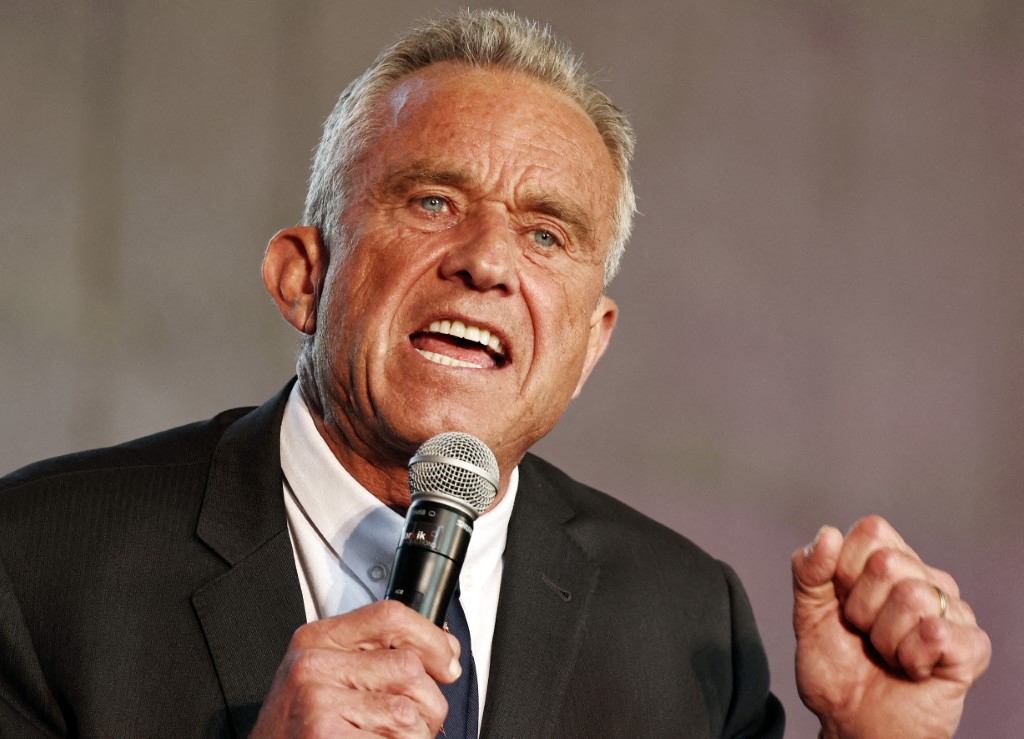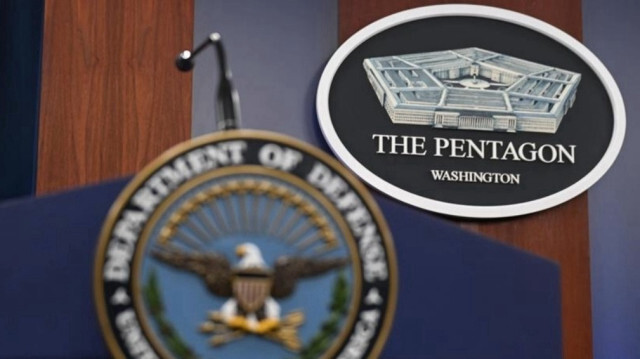Parasitic Ordeal of RFK Jr. Unveiled
Recent reports reveal that Robert F. Kennedy Jr., the U.S. presidential candidate, endured a parasitic brain condition and mercury poisoning, raising concerns about his health amid the election campaign.
Published May 10, 2024 - 00:05am

Image recovered from elnacional.com
Presidential politics have taken an unexpected turn as reports emerge about Robert F. Kennedy Jr., a U.S. presidential candidate, disclosing a past health scare involving a parasitic infection in the brain. The New York Times brought this to light, referring to a statement Kennedy Jr. made during his 2012 divorce proceedings, claiming he suffered from serious cognitive issues and memory loss.
Kennedy Jr. had undergone medical tests which spotted a 'black spot' on his brain scans, initially suspected to be a tumor. Yet, before undergoing surgery, a subsequent diagnosis suggested that a worm had infiltrated his brain, consuming part of it before dying. This revelation has stirred a debate on Kennedy Jr.'s health as he runs for the presidency.
Alongside the brain infection, Kennedy Jr. also received a diagnosis of mercury poisoning, presumably due to consuming fish with high levels of the metal. This condition is known to cause severe neurological problems. Despite these significant health concerns, Kennedy Jr. asserts he has recovered from the symptoms, hasn't undergone any specific treatment, and doesn't endure ongoing repercussions.
Amid the election race, where age and health are critical voter concerns, the news of Kennedy Jr.'s health has drawn attention. The independent candidate, often labeled as the 'black sheep' of the Kennedy family and known for his anti-vaccine stance, also suffers from a common coronary condition which has previously led to hospitalizations.
While Kennedy Jr.'s chances of winning the presidency against the Democrat and Republican candidates are slim, his mere presence on the ballots could influence the election outcomes significantly. As he continues his campaign, voters and opponents alike are closely monitoring the state of his health, with Kennedy Jr. refusing to publish his health records.
In light of these surprising health revelations, the political landscape watches on as Robert F. Kennedy Jr., once beset by brain-eating parasites and mercury poisoning, vies for the highest office in the United States.
The health of a presidential candidate is invariably a matter of public interest, as it could significantly impact the ability to perform the demanding role of being the President of the United States. The case of Robert F. Kennedy Jr. is particularly notable because his medical history contains elements that are unconventional within the realm of national politics. Given the severity and rarity of a parasitic brain infection, there is an understandable level of concern amongst the electorate.
These concerns are amplified by his reluctance to disclose his complete medical records, a move which has been a staple for presidential candidates in previous elections. Historically, transparency in health matters has been seen as a gesture of accountability to the voters, intending to assuage any doubts about a candidate's capability to endure the rigors of the presidency. Kennedy Jr.'s decision to keep his health records private may raise questions among voters about what he might be withholding.
The discussion about Kennedy Jr.'s health, however, goes beyond the candidate's personal sphere. It touches on broader topics such as the stigma surrounding medical conditions and how they are perceived in public life. His case is fostering a necessary conversation on how health issues are evaluated in the political world, potentially challenging voters and the media alike to reconsider how such factors should influence one's political viability.
Moreover, Kennedy Jr.'s anti-vaccine stance brings an additional layer of intrigue into the scrutiny of his health issues. As someone who has expressed skepticism toward conventional medical wisdom, his approach to managing his health could feed into broader political debates regarding public health and individual rights. This factor uniquely positions him within the present political discourse, which has been increasingly focused on health-related topics amidst global health crises.
Analysts ponder whether the combination of his medical history and his stance on vaccines may affect public perception, possibly undermining his efforts to present himself as a viable alternative to the mainstream candidates. In addition, opponents might leverage the news of his past health scares as a point of attack, questioning whether he can genuinely fulfill the physical and cognitive demands of the presidency. This aspect of the electoral battle may divert the focus from policy discussions and place personal health in the center of political skirmishing.
As the election progresses, Kennedy Jr.'s health saga serves as a reminder of the unpredictable nature of presidential campaigns. Events and personal histories that might have previously fallen outside the spotlight now hold potential to become focal points of public debate. The intersection of personal health, public life, and policy stance is complex and nuanced, suggesting that voters may be looking not only for policies they support but also for a candidate who embodies resilience and transparency.
Despite the challenges, Kennedy Jr. aims to continue canvassing for support while navigating the intricate web of public scrutiny and personal perseverance. How he manages to address ongoing concerns about his health may become a crucial aspect of his campaign strategy. The upcoming months promise a watchful evaluation of his wellbeing by the media, his political adversaries, and a populace eager to assess the proficiency and health stability of their potential future leader.

:format(jpeg)/cloudfront-us-east-1.images.arcpublishing.com/elespectador/E4FBVWFOZFFKJPADSHULE3OZ5U.jpg)





